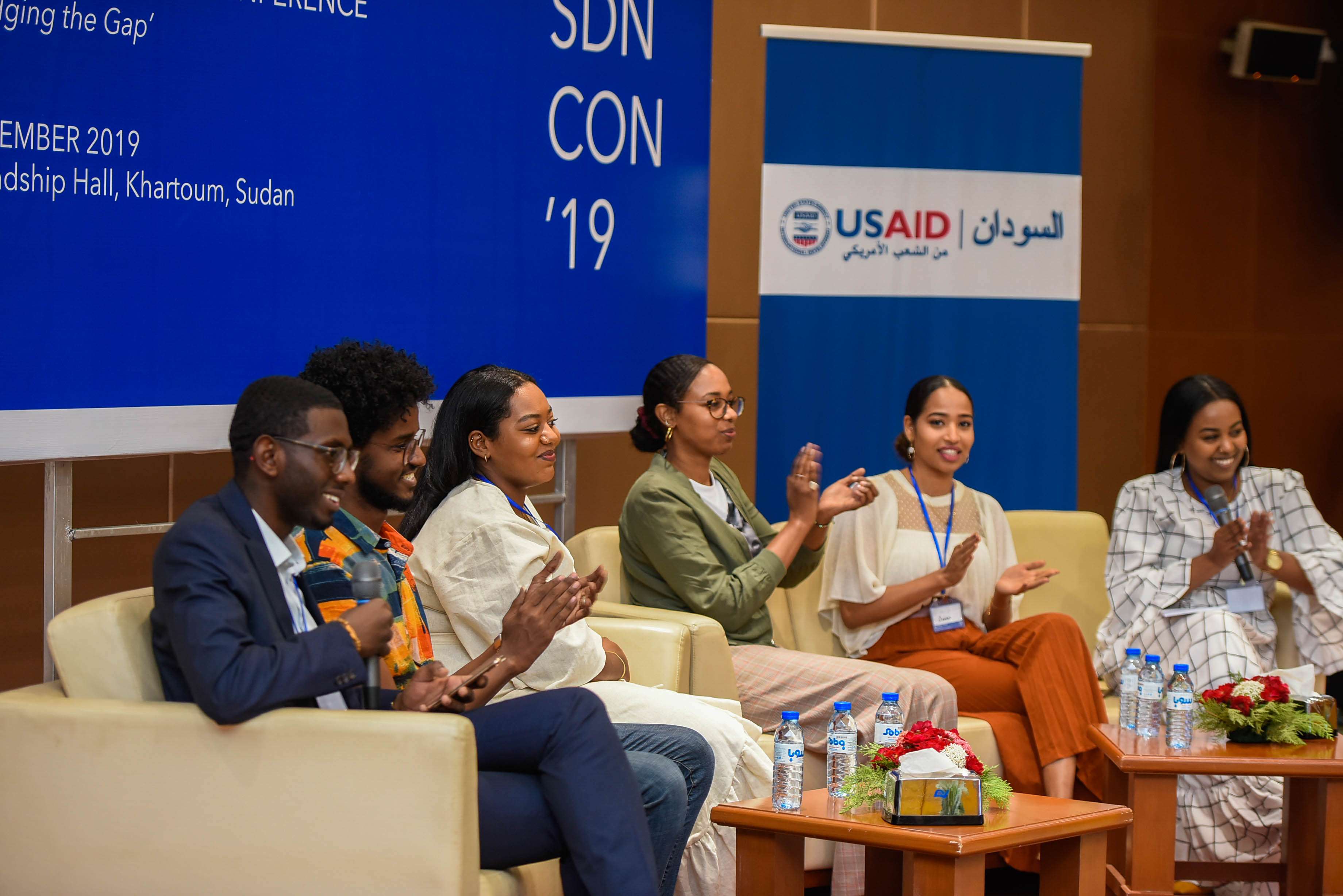
Abdalla Mohammed is an experienced project leader who has overseen over 20 years of programming across Eritrea, Iraq, Libya, Namibia, Nigeria, Sudan, and Syria. His technical expertise spans public financial management, community engagement and governance, and institutional strengthening and capacity building, including in conflict environments. As part of our series of interviews with DT Global Chiefs of Party, we sat down with Dr. Mohammed to discuss his approach to supporting community engagement and civil society in some of the world’s most challenging environments.
In terms of differences, what I’ve observed is that CSOs in Sudan operate as organizations advocating for citizen rights. In Syria they do the same, but the majority also operate as social movements to change the politics in the country. Sudanese CSOs are also more structured—they have their own constitution and board of governors, and some have longer-term strategies.
There are many similarities. In both countries I saw a proliferation of CSOs, which is normal in conflict and post-conflict settings where the economy is bad and the issues—human rights, legal rights, minority rights, lack of public services—are enormous. When a program is funding organizations in these contexts, it is important to be somewhat cautious because some CSOs are just trying to find work and aren’t truly dedicated to their causes. To make sure you are dealing with a real CSO that can deliver support to its community, it’s important to understand the CSO’s mandate, how they were established, their strategy and activities, and who their constituency is.
However, often in settings such as Sudan and Syria, you may find CSOs that have low capacity and lack traditional markers of legitimacy (for instance, a board of governors or formal registration) but still appear to be doing good work. In these cases, I recommend carefully assessing their viability and capacity, how they approach funding and sustainability, and who their constituents are (including meeting with their constituents if possible).
Most of the organizations in Syria and Sudan are also led by elites in those countries and may need help connecting with their communities. And finally, in Sudan and Syria, CSOs have not yet specialized—they offer many services depending on what is needed at the moment.
There are several important things consider when you are fostering participatory community engagement if you want it to be sustainable. I suggest starting with a series of steps to build trust, understand the issues, and lay the groundwork for meaningful engagement.
First is to foster trust with the community. I’ve done this by conducting careful contextual assessments and making meaningful connections with community groups and community leaders.
Second, it’s important to be good listener and try to become a part of that community. When you walk into any community, it is obvious that there are issues in that community, but there are also different perspectives on those issues. Therefore, it’s important to listen well, especially to oppressed or marginalized groups within the community.
Third, while a project is usually for the collective, not for individual interest groups, I like to speak with all groups individually, before collectively discussing issues. This gives groups a chance to voice their concerns and interests privately.
And finally, it’s important to understand dynamics of power in community—the people with money or guns, the traditional leaders, and so forth—which can cause imbalances if we are not aware of them. We create balance by understanding the context, and dialoging with each community group.

After these steps, it’s time to get the community together to discuss the problems they have identified and, because we never want them to feel we are imposing a solution, we ask them for their solutions. As part of this process, we help community members to voice their differences and opinions in a democratic way. To avoid the spirit of dependency we ask community members to contribute their time or whatever they can to help make that idea for a solution into a reality. We also agree on process at the outset of the project with community, to make sure they are engaged from the beginning.
When a program implements activities with the community it is creating collective change, so when the activity is over, the community is stronger. People can put down their differences when they see some larger goal that they can work toward. The ultimate intention is that people have the tools to strengthen relationships within their community and a belief in their collective ability to solve conflict as a group.
Often, CSOs are seen as rivals by government, in part because sometimes the work they do raises legitimate questions from citizens about why CSOs are providing support to communities instead of the government. So usually I would analyze organizations that a program wants to work with to understand the constraints and risks those organizations have before we engage. Then the type of engagement and protection the program offers can be modulated depending on what hazards groups are exposed to (e.g., government, internal groups, or rebels). Sometimes a program may also work with government counterparts, so that government can get some publicity from the work and help ease tensions.
Finally, I’ve found that CSOs will be well-protected if they are well-connected to their constituencies. To help with that, program staff can provide technical assistance to make sure CSOs have the capacity to do effective work with their communities. This can mean trainings on advocacy, legal assistance, fundraising, and most importantly, how to build a strong network. By offering effective support to their constituencies, CSOs can strengthen their bonds with their communities, thereby strengthening their safety.